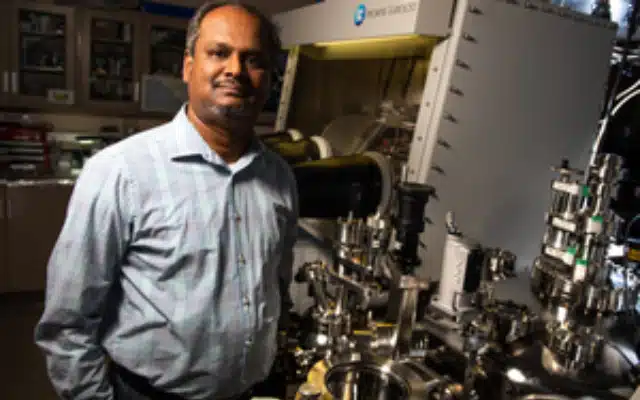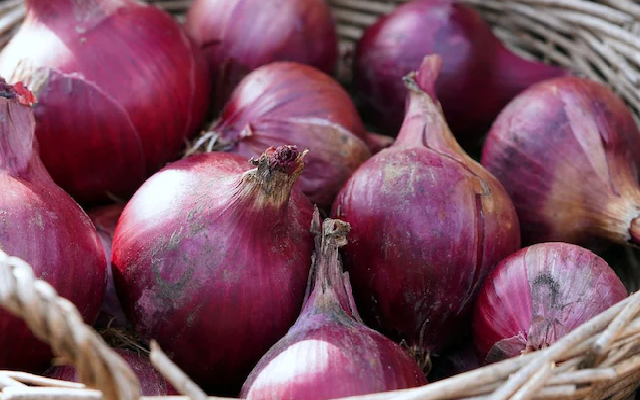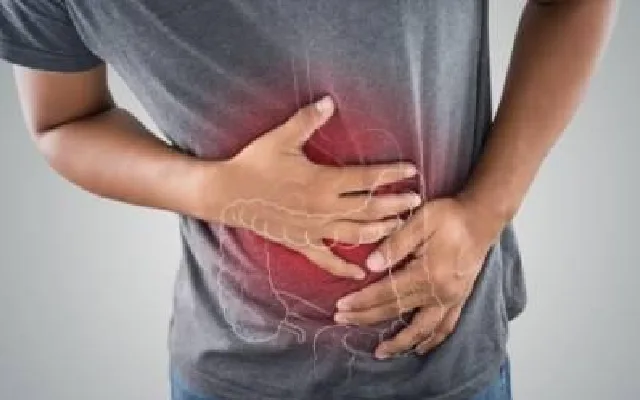New Delhi : An Indian-origin scientist, Vijay Murugesan-led team has discovered a new battery material using Artificial Intelligence (AI) and supercomputing that could reduce lithium use in batteries.
The findings were made by Microsoft and the US-based Pacific Northwest National Laboratory (PNNL).
The new battery material came out using Microsoft’s Azure Quantum Elements to narrow down 32 million potential inorganic materials to 18 promising candidates that could be used in battery development in just 80 hours.
The Microsoft Quantum team used AI to identify around 500,000 stable materials in the space of a few days.
According to the scientists, the new material could potentially reduce lithium use by up to 70 per cent.
Since the discovery of the new material, it has been used to power a lightbulb. The AI-derived material is a solid-state electrolyte.
Ions shuttle back and forth through the electrolyte, between the cathode and the anode, ideally with minimal resistance.
Initially, scientists thought that sodium ions and lithium ions couldn’t be used together in a solid-state electrolyte system because they are similarly charged but have different sizes.
It was assumed that the structural framework of a solid-state electrolyte material couldn’t support the movement of two different ions.
But after testing, Murugesan said, “We found that the sodium and lithium ions seem to help each other”.
Lithium got attention as a battery component in the early 1900s, but rechargeable lithium-ion batteries didn’t hit the market until the 1990s. Today, Lithium-ion batteries power everything from phones to medical gadgets, electric vehicles, and satellites.
The US Department of Energy predicted that lithium demand would increase five to tenfold by 2030. Lithium is already relatively short, and thus expensive.
Mining it is environmentally and geopolitically problematic. Traditional lithium-ion batteries also pose safety issues, with the potential to catch fire or explode.
Many researchers are looking for alternatives, both for lithium and for the materials used as electrolytes. Solid-state electrolytes show promise for their stability and safety, according to the scientists.
Read More
Google Unveils Quick Share & Fast Pair for TVs in Android Updates

















